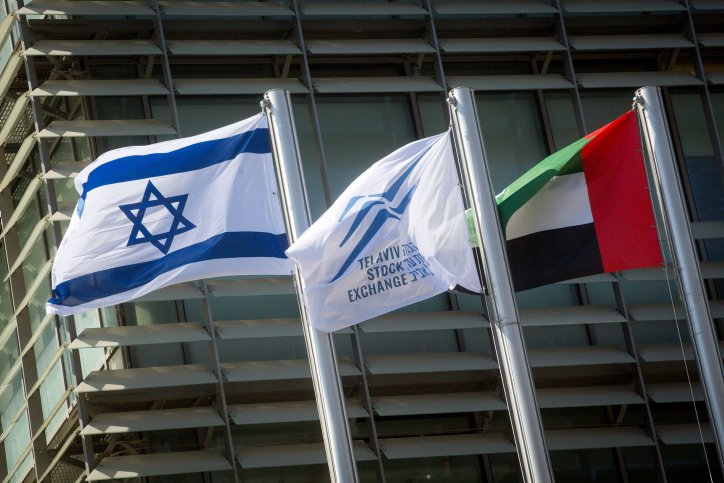After 12 years of a very distinct line of foreign policy in the Middle East led by former Prime Minister Benjamin Netanyahu, Israel’s new “government of change” is bringing with it new areas of focus in the region.
Netanyahu’s stance was very clear—place the Israeli-Palestinian conflict aside and pursue normalization agreements with Arab and Muslim countries in the region. Contrary to popular belief, that solving the conflict with the Palestinians was the path to facilitate peace throughout the region, he firmly held that the opposite was true; that normalization should actually be pursued first.
For years Netanyahu cultivated Israel’s relationship with the republics and monarchies of Arab and Muslim countries, mostly in the Middle East and Africa. First, and this stretches back even before Netanyahu’s tenure, covert contacts were maintained for decades with Arab countries such as Morocco, Lebanon (prior to Israel’s invasion in 1982), Saudi Arabia, the United Arab Emirates, Bahrain and Oman. These contacts were, for the most part, based on mutual regional interests such as Iran and intelligence sharing. They laid the foundation...
Become a Member
-
Read all member content
Get exclusive in-depth reports from Israel.
-
Get exclusive in-depth reports from Israel
Connect with Israel, right from your home.
-
Lift up the voice of truth and hope
Support Jerusalem-based Zionist journalism.

Already a member? Login here.















